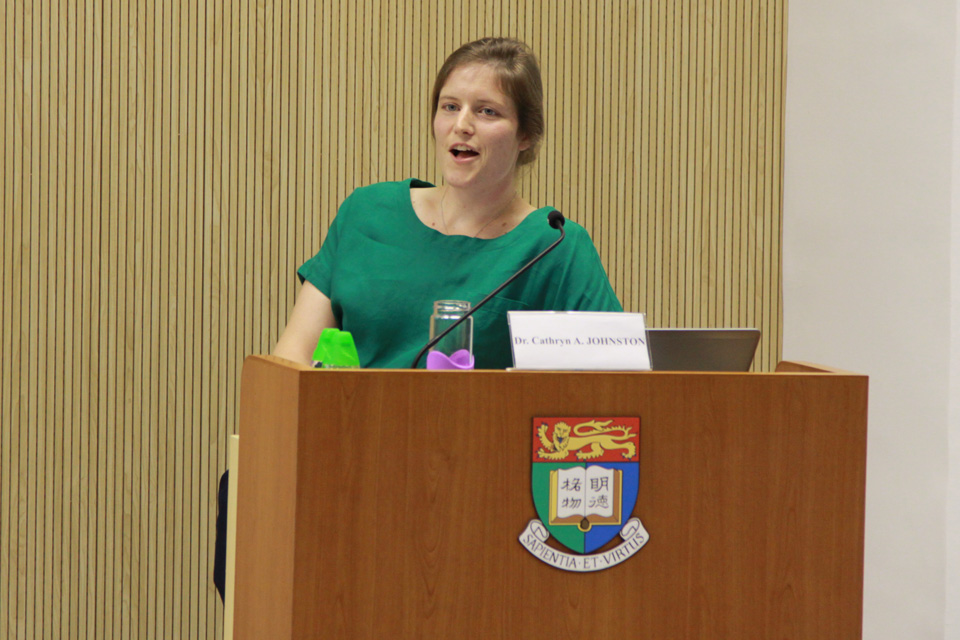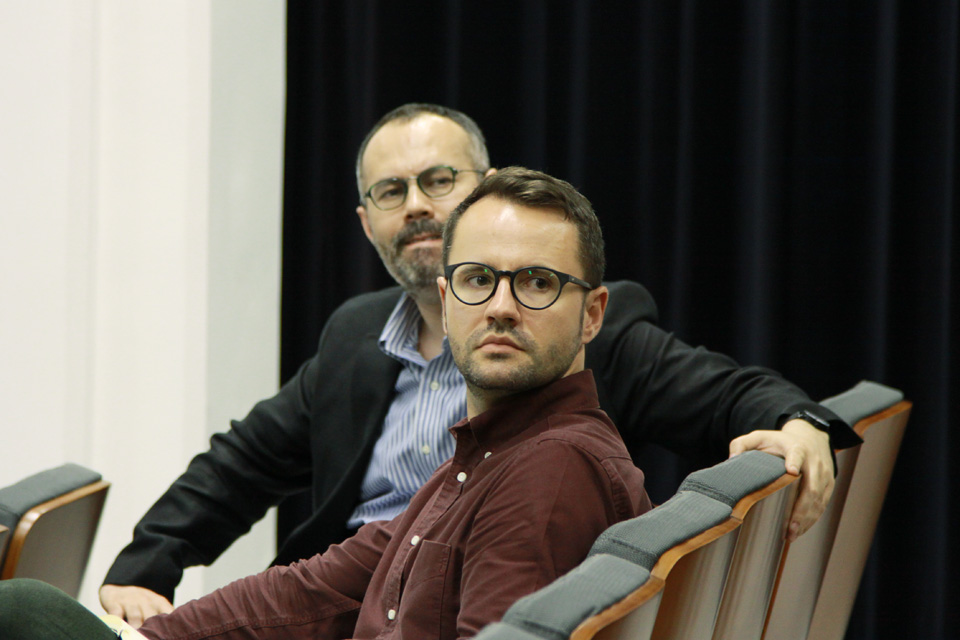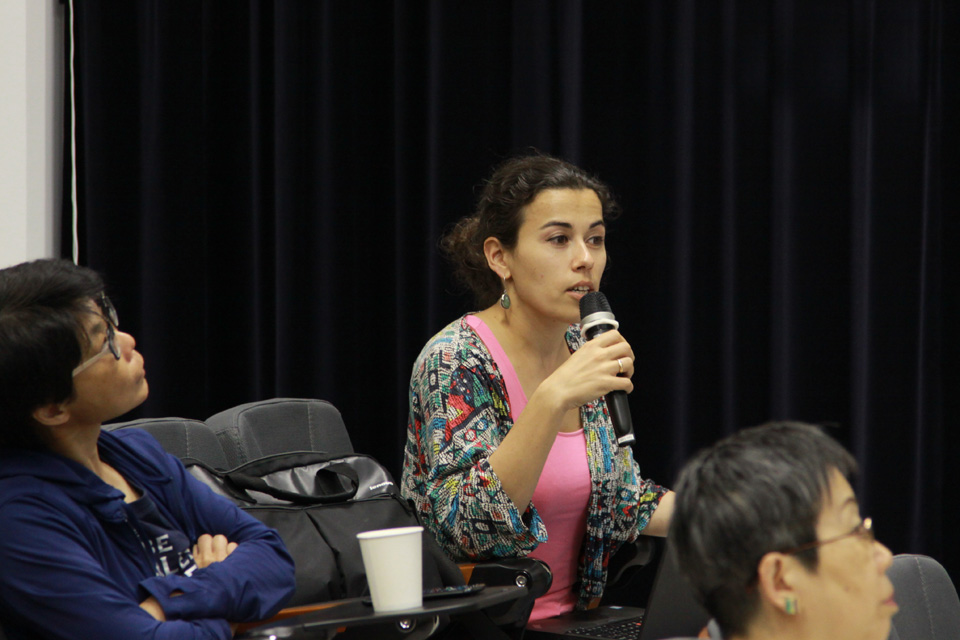- ABOUT HKIHSSABOUT HKIHSS
- PEOPLE
- NEWS & EVENTSNEWS & EVENTS
- RESEARCHRESEARCH
- FELLOWSHIPS & GRANTSFELLOWSHIPS & GRANTS
- TEACHING & LEARNINGTEACHING & LEARNING
- PUBLICATIONSPUBLICATIONS
The population problem was one of the defining problems of the twentieth century. India sat at the centre of this problem- both as the exemplar of an “overpopulated country”, and also as one of the first countries to attempt to alter its demographic “destiny”. Many of the arguments made about the history of population control in India have focused on the role of the international network of population control experts in shaping the policies implemented by the Indian government. Typically, the role of contraception and of American expertise has been stressed. However, looking to the role played by social science and researchers as they worked in and on India provides a new perspective on this contentious past. This talk will explore the history of research practices, data, and ideas about human behaviour, and how they shaped the way policy makers understood and responded to the problem of overpopulation. It charts the connections between research and policy, exploring how new questions were raised about the empirical reality of the population problem, the proper way to measure and understand it, and ultimately, explores the relationship between states, statistics and individuals.
This is an event organized by the “Science, Technology, and Medicine in Asian Societies” Cluster[email protected]Lecture Hall, G/F, May Hall, The University of Hong KongThe population problem was one of the defining problems of the twentieth century. India sat at the centre of this problem- both as the exemplar of an “overpopulated country”, and also as one of the first countries to attempt to alter its demographic “destiny”. Many of the arguments made about the history of population control in India have focused on the role of the international network of population control experts in shaping the policies implemented by the Indian government. Typically, the role of contraception and of American expertise has been stressed. However, looking to the role played by social science and researchers as they worked in and on India provides a new perspective on this contentious past. This talk will explore the history of research practices, data, and ideas about human behaviour, and how they shaped the way policy makers understood and responded to the problem of overpopulation. It charts the connections between research and policy, exploring how new questions were raised about the empirical reality of the population problem, the proper way to measure and understand it, and ultimately, explores the relationship between states, statistics and individuals.
This is an event organized by the “Science, Technology, and Medicine in Asian Societies” Cluster[email protected]Lecture Hall, G/F, May Hall, The University of Hong KongTitle:
Revisiting Overpopulation in India: Demography, Research and the Population Problem in the Twentieth Century
Speaker:
Dr. Cathryn Anne Johnston
Date:
April 18, 2017
Time:
4:30 pm – 6:00 pm
Venue:
Lecture Hall, G/F, May Hall, The University of Hong Kong (Map)
Language:
English
Enquiry:
(Tel) (852) 3917-5772
(Email) [email protected]
The population problem was one of the defining problems of the twentieth century. India sat at the centre of this problem — both as the exemplar of an “overpopulated country”, and also as one of the first countries to attempt to alter its demographic “destiny”. Many of the arguments made about the history of population control in India have focused on the role of the international network of population control experts in shaping the policies implemented by the Indian government. Typically, the role of contraception and of American expertise has been stressed. However, looking to the role played by social science and researchers as they worked in and on India provides a new perspective on this contentious past. This talk will explore the history of research practices, data, and ideas about human behaviour, and how they shaped the way policy makers understood and responded to the problem of overpopulation. It charts the connections between research and policy, exploring how new questions were raised about the empirical reality of the population problem, the proper way to measure and understand it, and ultimately, explores the relationship between states, statistics and individuals.
Dr. Cathryn Anne Johnston has recently completed her PhD in History at King’s College London, UK. Her work focuses primarily on the history of science and medicine, and in particular on the relationship between policy making and the emergence of expert knowledge in the twentieth century. She is currently based at the Hong Kong Institute for the Humanities and Social Sciences, The University of Hong Kong.
This is an event organized by the “Science, Technology, and Medicine in Asian Societies” Cluster.



Copyright © 2023 Hong Kong Institute for the Humanities and Social Sciences, The University of Hong Kong. All Rights Reserved.